Chicago had its 4th-warmest December in history last month, with temperatures averaging about 4°C above normal. The trend has continued this month as well. That won't completely end tonight, though we may see some snow:
The first “significant” winter storm to impact the Chicago region is scheduled to start Monday night, with meteorologists predicting two to five inches of snow accumulation and wind gusts up to 30 miles per hour across portions of central and northeast Illinois and northwest Indiana.
A winter weather advisory goes into effect at 8 p.m. until noon Tuesday in the Chicago metro area as well as parts of DuPage, Will and Lake counties.
The storm will likely be split into two rounds, according to the NWS. The first will arrive this evening starting around 8 p.m., with much of the snow accumulating in a brief window from 1 to 5 a.m., just before the early morning commute.
Lovely. But a few centimeters of snow won't bother either Cassie or me tomorrow morning, especially if the temperature stays freezing, as forecast.
Next weekend, though, looks like it might feel more like Real Chicago Winter, with temperatures dropping to -13°C overnight Saturday. I, however, will be in the Pacific Northwest, where...dammit. Temperatures will drop to -6°C overnight Saturday. (I thought Seattle was supposed to be warmer than Chicago?)
Sigh:
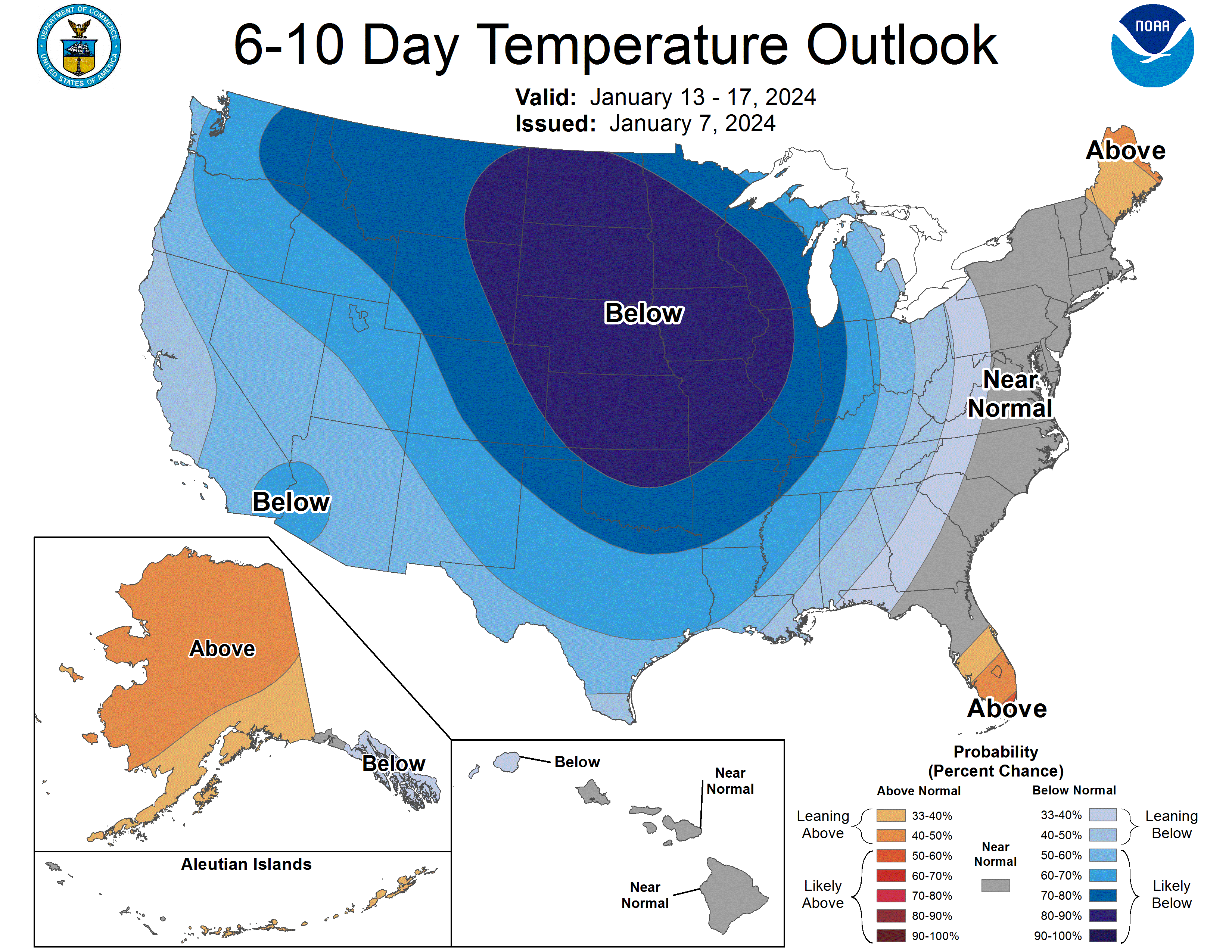
I have to remember that the normal temperature curve for Chicago bottoms out from January 17th to 23rd. So it will get colder this winter. I'll take the win for December and just remind myself that our winters build character.
Welcome to stop #94 on the Brews and Choos project.
Brewery: Hopewell Brewing, 2760 N Milwaukee Ave., Chicago
Train line: CTA Blue Line, Logan Square
Time from Chicago: 16 minutes
Distance from station: 400 m
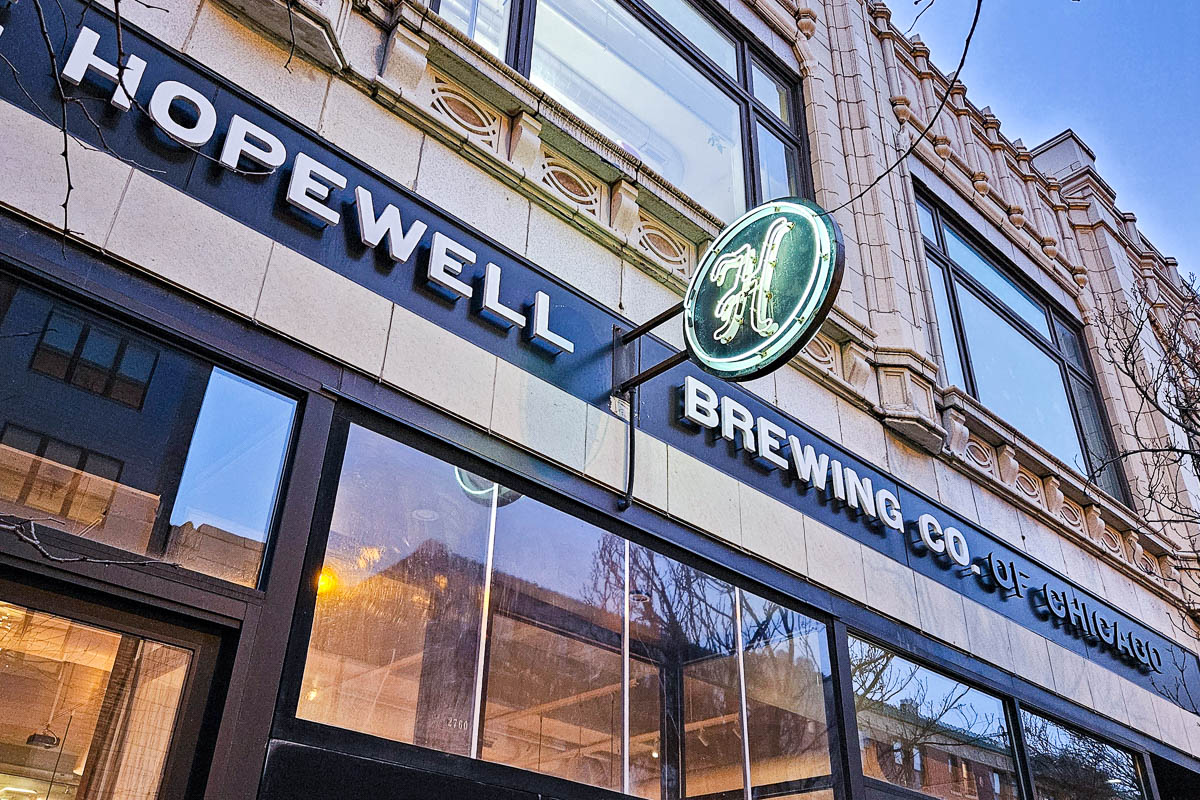
The second stop on the "research expedition" my friend and I took on Saturday didn't excite us as much as BiXi or Revolution. My friend decided that Hopewell is what you get when you tell an AI to design a Logan Square taproom. She's not wrong.
We tried six beers—well, I tried five, because I really don't like göse—and compared notes:
- Lightbeam hazy IPA (6.3%): nice, light, fruity, good finish; my favorite
- As If West Coast DIPA (7.5%: Pow! Huge hops, big flavor, a little banana, clean finish
- Long Shadows winter IPA (7.5%): a little syrupy, a bit heavy, not our favorite
- Ride or Die pale (5.5%): good balance, nice acidity, very drinkable; my friend's favorite
- Going Places IPA (6.8%): Lager, malty, syrupy, apricot, very good
- Table Salt göse (4.5%): A hint of saltiness, and the cardamom gives it a unique flavor
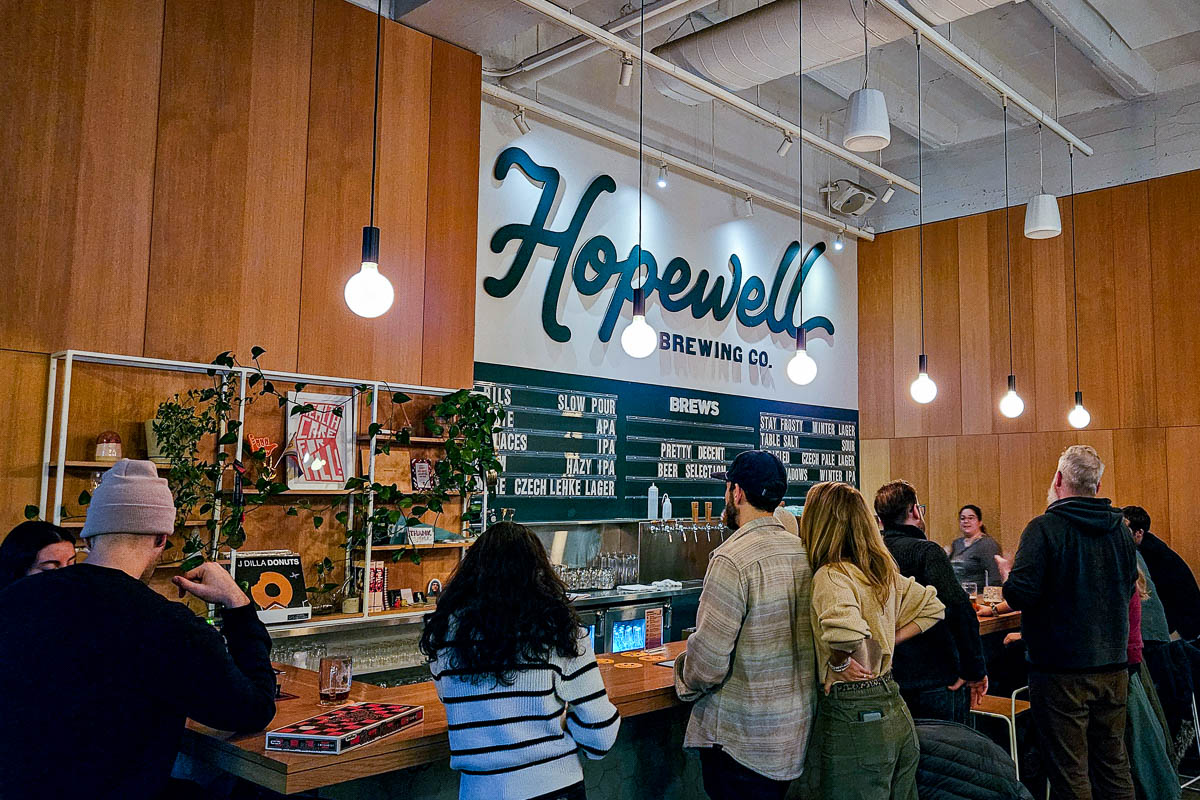
So, it's not bad, but it's not someplace either of us particularly felt like seeing again. At one point I mused that it would be much more welcoming if they lined the ceiling with anechoic tiles, but loud is in vogue these days. On to the next stop.
Beer garden? No
Dogs OK? No
Televisions? None
Serves food? No, BYOF
Would hang out with a book? No
Would hang out with friends? Maybe
Would go back? Maybe
Welcome to stop #93 on the Brews and Choos project.
Brewery: BiXi 鼻息 Beer, 2515 N. Milwaukee Ave., Chicago
Train line: CTA Blue Line, Logan Square
Time from Chicago: 16 minutes
Distance from station: 400 m
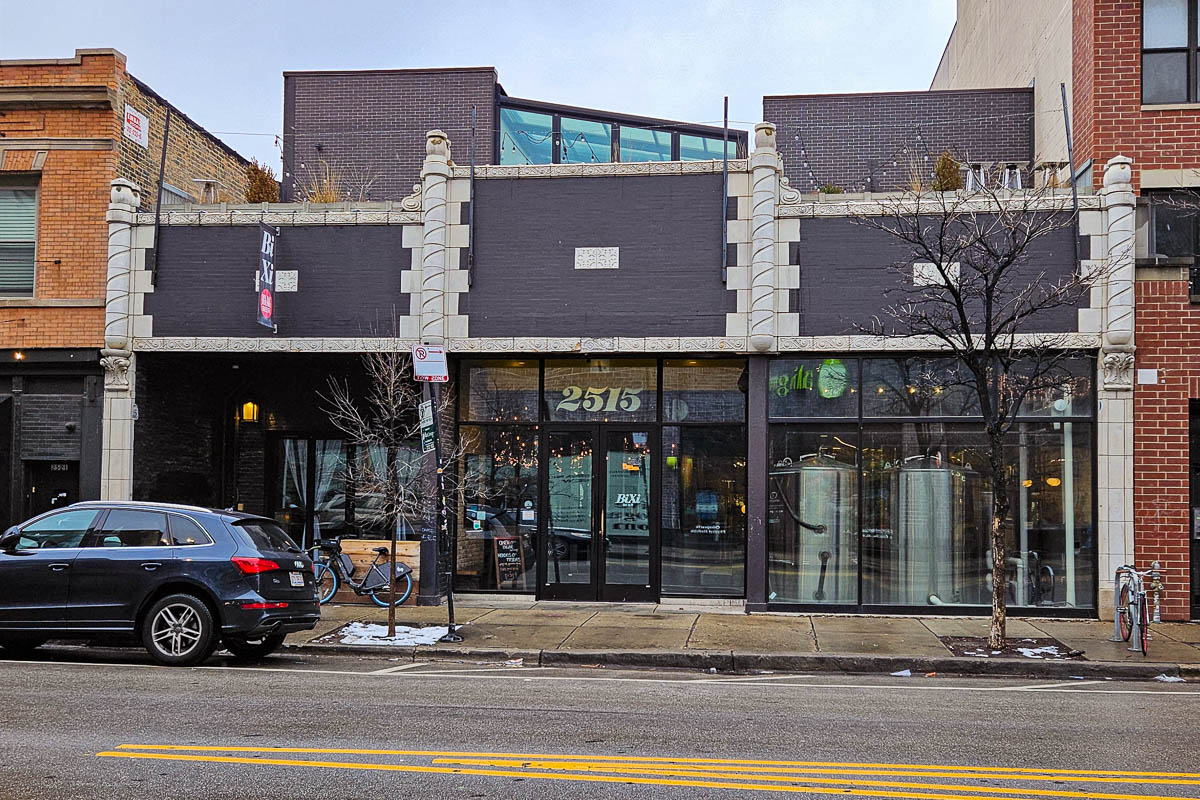
Yesterday I brought a friend along to visit three Logan Square breweries, starting with BiXi (pronounced "bee she") and ending with the granddaddy of the region, Revolution. We planned well, because BiXi has really great beer but also very tasty food. Plus, it's got a cozy vibe where I can imagine hanging out for a while.
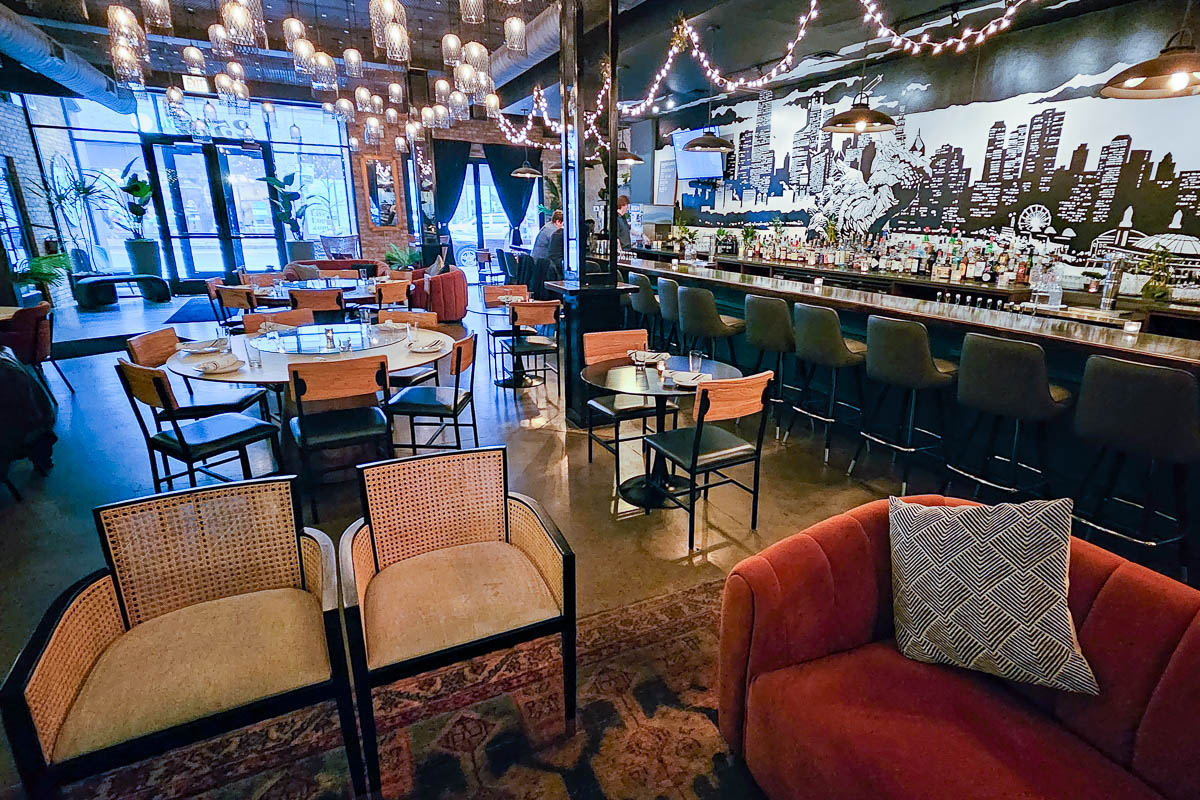
Because we joined forces, we could try twice as many beers—plus some delicious Szechuan peanuts (very spicy!), pot stickers, and mushroom egg rolls.
From my notes and their menu:
- Nectar 7G Nectaron IPA (6.5%): "This collaboration with Pipeworks Brewing features a tropical juicy twist brewed with Nectaron Hops from New Zealand." Really good, excellent balance, clean finish, would take home.
- Unicorns in the Mirror hazy IPA (8%): "Packs 7 different types of hops including cryo citra, citra, mosaic, idaho 7, amarillo, simcoe, and columbus as well as tropical fruits, smooth sweetness, and low bitterness." Banana, apple, long finish, really good.
- BiXi Bitter Kölsch (4.5%): "A classic style extra lagered brew with a silky smooth brilliantly bitter bite." Light, crisp, malty, hoppier than a regular Kolsch.
My friend adds: "Jeju island Mandarin witbier (4.6%): the Mandarin gave it a punchier flavor than a typical witbier, but the banana aroma that typifies a wit still stood out the most. Well balanced, good representation of the style, wouldn't order it again because it's not my preferred style of beer."
Our favorite was the Unicorns in the Mirror. Since neither of us really likes amber ales, and since we had two other breweries to visit, we skipped the Broken Walk-In Amber Lager (5.3%).
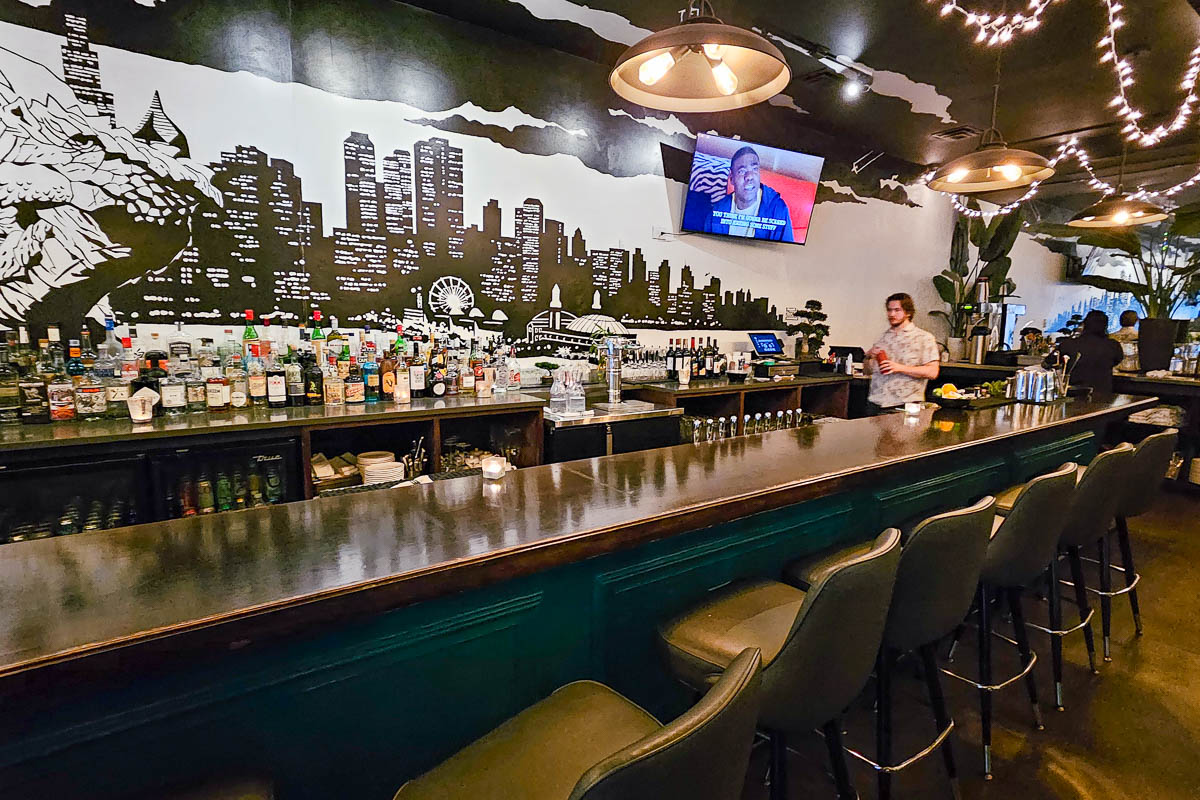
I'm already making plans to go back with some other friends who live in Logan Square.
Beer garden? No
Dogs OK? No
Televisions? Two, avoidable
Serves food? Yes
Would hang out with a book? Maybe
Would hang out with friends? Yes
Would go back? Yes
We got about 50 mm of snow overnight, even though the temperature barely got below freezing at O'Hare and never got below freezing at IDTWHQ. I expect most of it will melt today, but this morning it looked pretty:
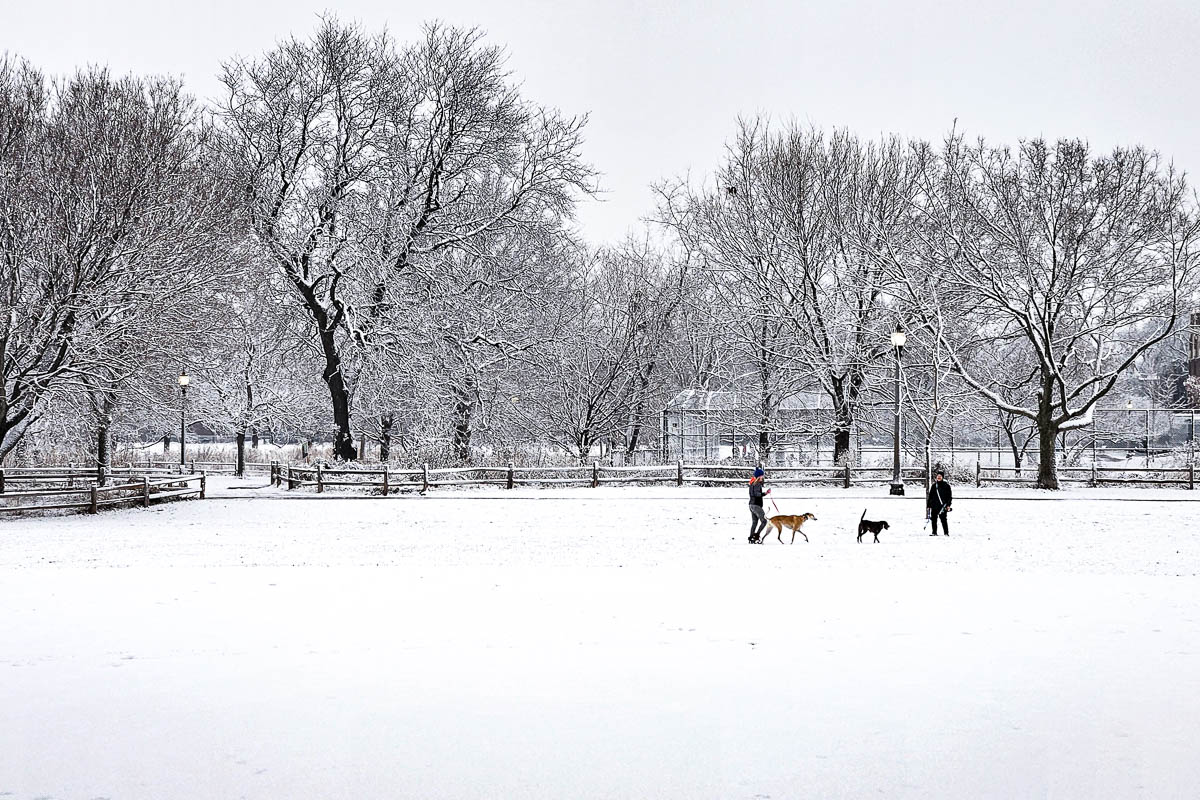
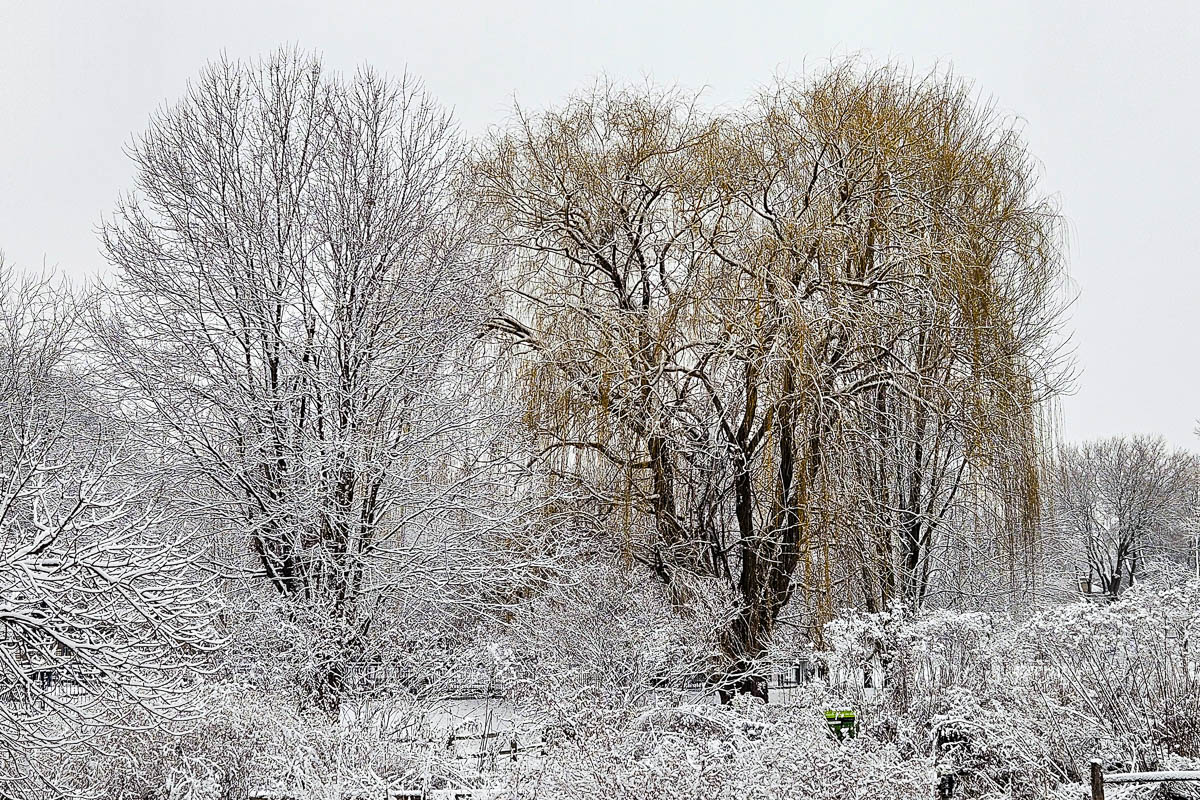
On the other hand, most of the models predict a huge winter storm next weekend. If I get supremely lucky, the worst of it will hit while I'm away. If my luck runs as usual, I'll spend a lot more time at O'Hare than I'd prefer.
At least sunrises have finally started to get earlier.
A small collection:
Finally, in her column on December 31st, Jennifer Rubin suggested people get some perspective on history to understand that the past was much worse than today.
Update: A friend sent this security-cam photo of the first Yellow Line pulling into the Dempster station after service resumed:
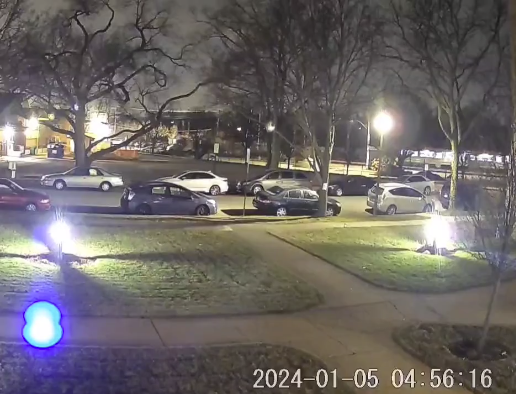
Facing a criminal trial for corruption that he will probably lose, National Rifle Association CEO Wayne LaPierre resigned earlier today:
Mr. LaPierre, 74, has led the organization for more than three decades. But his resignation came as he faced his gravest challenge yet, a corruption trial in Manhattan amid a legal showdown with New York’s attorney general, Letitia James. Jury selection has already begun and opening arguments were scheduled for early next week.
The announcement took place during a board meeting in Irving, Texas. The N.R.A. said Mr. LaPierre had “cited health reasons” as being behind his decision.
The development will change the shape of the Manhattan trial, since Ms. James was seeking to oust Mr. LaPierre from his position. She is also seeking financial penalties from Mr. LaPierre and three other defendants.
Mr. LaPierre played a leading role in transforming gun culture in America, but the last half decade of his tenure at the N.R.A. was marred by scandals and internal upheaval.
"Transforming gun culture" is a polite way of saying that LaPierre advocates giving every first-grader an Uzi. Instead of just leading a trade organization of firearms manufacturers, he claimed that the NRA was on a holy quest to interpret the US Constitution's second amendment—but only its second clause, not the first—instead of trying to enrich his member corporations.
That LaPierre succeeded in both is easy to see in both US gun-murder statistics during his tenure (almost doubled since 1999) and manufacturer sales (more than doubled since 1999). PBS has some helpful charts (from 2022) explaining how we made so many gun manufacturers rich at the cost of a few dozen hundred thousand children.
LaPierre is evil. I hope a jury sees at least enough of that to convict him of stealing from the NRA. But we can all imagine a more poetic end to the person who has done so much to hurt so many.
It was a busy day, so I didn't have a lot of time to write a substantial post. I did want to highlight Nate Cohn's comparison of President Biden's situation going into the 2024 election and another guy who did a pretty good job in his first term:
Harry Truman was the only president besides Joe Biden to oversee an economy with inflation over 7 percent while unemployment stayed under 4 percent and G.D.P. growth kept climbing. Voters weren’t overjoyed then, either. Instead, they saw Mr. Truman as incompetent, feared another depression and doubted their economic future, even though they were at the dawn of postwar economic prosperity.
The source of postwar inflation was fundamentally similar to post-pandemic inflation. The end of wartime rationing unleashed years of pent-up consumer demand in an economy that hadn’t fully transitioned back to producing butter instead of guns. A year after the war, wartime price controls ended and inflation skyrocketed. A great housing crisis gripped the nation’s cities as millions of troops returned from overseas after 15 years of limited housing construction. Labor unrest roiled the nation and exacerbated production shortages. The most severe inflation of the last 100 years wasn’t in the 1970s, but in 1947, reaching around 20 percent.
n the end, Mr. Truman won in perhaps the most celebrated comeback in American electoral history, including the iconic “Dewey Defeats Truman” headline and photograph. He had barnstormed the country with an economically populist campaign that argued Democrats were on the side of working people while reminding voters of the Great Depression. You might well remember from your U.S. history classes that he blamed the famous “Do Nothing Congress” for not enacting his agenda.
I'm glad Cohn got there with data, because I'd already gotten there with inference. This will be a long 11 months, but I think we might just pull this one out.
Paul Krugman succinctly puts to bed any obfuscation of Southern aggression:
But it may be worth delving a bit deeper into the background here. Why did slavery exist in the first place? Why was it confined to only part of the United States? And why were slaveholders willing to start a war to defend the institution, even though abolitionism was still a fairly small movement and they faced no imminent risk of losing their chattels?
Let me start with an assertion that may be controversial: The American system of chattel slavery wasn’t motivated primarily by racism, but by greed. Slaveholders were racists, and they used racism both to justify their behavior and to make the enslavement of millions more sustainable, but it was the money and the inhumane greed that drove the racist system.
Labor was scarce in pre-Civil War America, so free workers earned high wages by European standards.
Landowners, of course, didn’t want to pay high wages. In the early days of colonial settlement, many Europeans came as indentured servants — in effect, temporary serfs. But landowners quickly turned to African slaves, who offered two advantages to their exploiters: Because they looked different from white settlers, they found it hard to escape, and they received less sympathy from poor whites who might otherwise have realized that they had many interests in common. Of course, white southerners also saw slaves as property, not people, and so the value of slaves factored into the balance sheet of this greed-driven system.
Anyone who believes or pretends to believe that the Civil War was about states’ rights should read Ulysses S. Grant’s memoirs, which point out that the truth was almost the opposite. In his conclusion, Grant noted that maintaining slavery was difficult when much of the nation consisted of free states, so the slave states in effect demanded control over free-state policies. “Northern marshals became slave-catchers, and Northern courts had to contribute to the support and protection of the institution,” he wrote.
And the war happened because the increasingly empowered people of the North, as Grant wrote, “were not willing to play the role of police for the South” in protecting slavery.
So yes, the Civil War was about slavery — an institution that existed solely to enrich some men by depriving others of their freedom. And there’s no excuse for anyone who pretends that there was anything noble or even defensible about the South’s cause: The Civil War was fought to defend an utterly vile institution.
Historians have known this for 160 years, but the Southern landowning class has successfully confused the issue for generations, as far as most people understand it. It's always money. Just like the Republican Party's craziness today.
Though my "to-be-read" bookshelf has over 100 volumes on it, at least two of which I've meant to read since the 1980s, the first book I started in 2024 turned out to be Cory Doctorow's The Lost Cause, which I bought because of the author's post on John Scalzi's blog back in November.
That is not what I'm reading today at lunch, though. No, I'm reading a selection of things the mainstream media published in the last day:
Finally, for $1.7 million you can live inside a literal brick oven. The fifth-floor penthouse in the former Uneeda Biscuit building on Chicago's Near West Side includes several rooms with brick ceilings that were, decades ago, the ovens that cooked the biscuits. Cool. (Or, you know, hot.)
Wouldn't that be nice? Alas, people keep making them:
Speaking of excoriation, David Mamet has a new memoir about his 40 years in the LA film industry, Everywhere an Oink Oink. (Expect to find that on next year's media roundup.) And I still have to read Linda Obst's Hello, He Lied, which I keep forgetting to liberate from my dad's bookshelf.